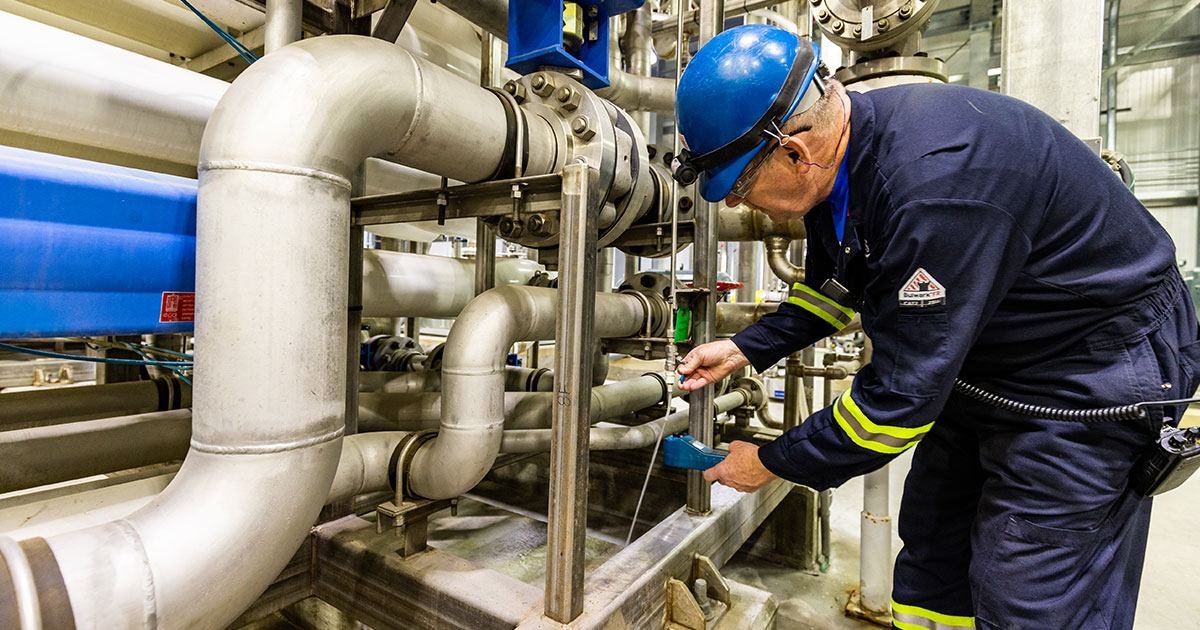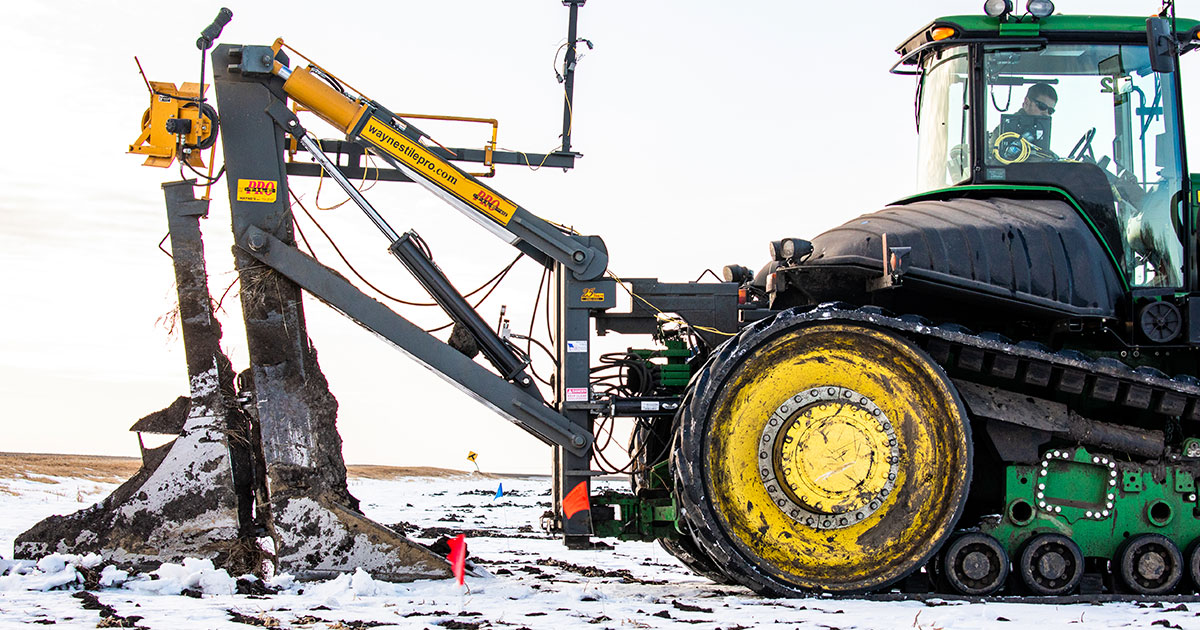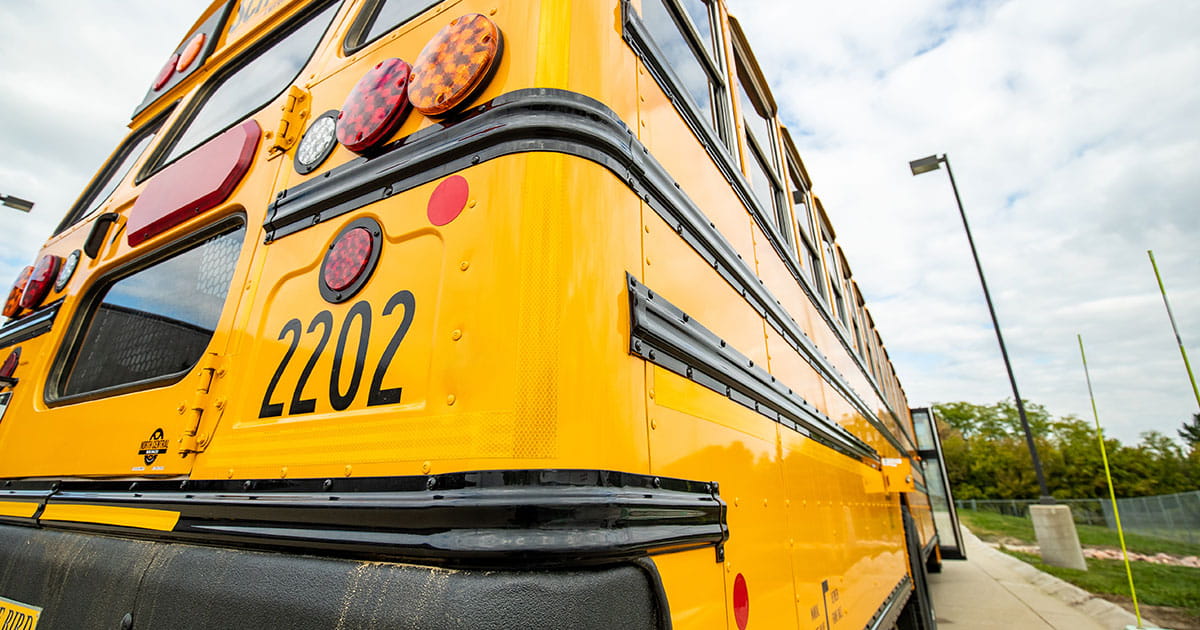811 is a free, nationwide service designed to keep you safe from damaging pipelines and underground utilities when digging or excavating. Calling 811 is a simple process that can help avoid potential damage or destruction of equipment, as well as injury or death.
CHS uses pipelines to safely transport crude oil to our refineries and provide our farmer-owners with a secure supply of the products they need. Routine maintenance, inspection and clear marking of our pipelines keep the system operating safely.
At CHS, we believe it’s our responsibly to partner with those who live and work near pipelines to ensure our communities remain safe. We’re committed to providing important information about pipeline safety and being prepared to respond.

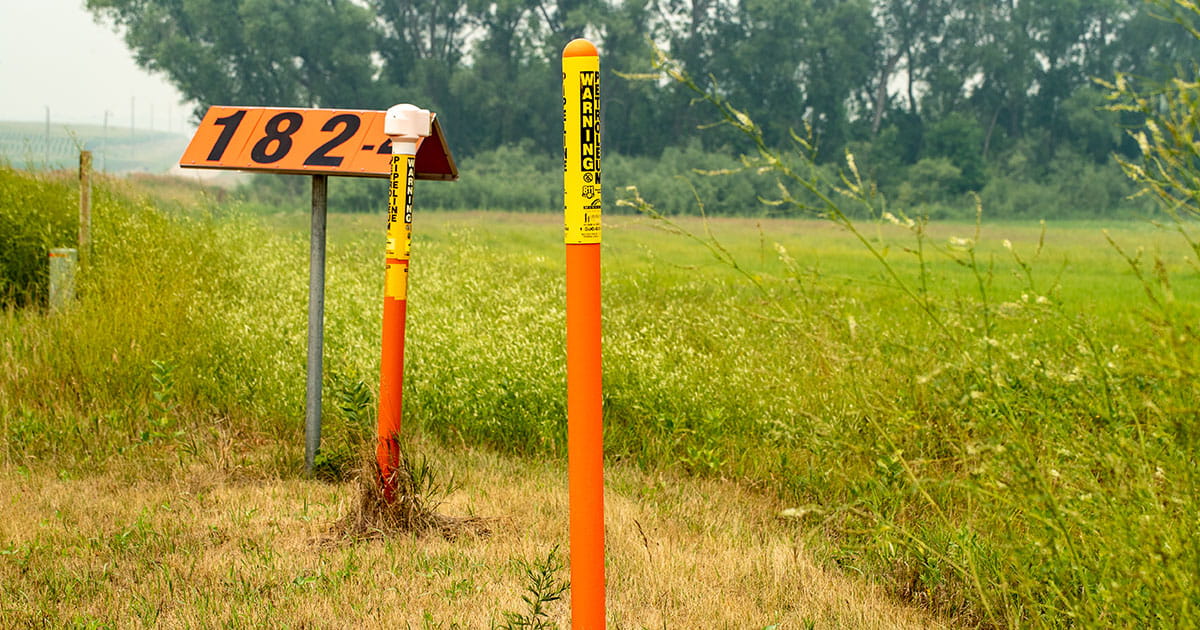
More resources in your state
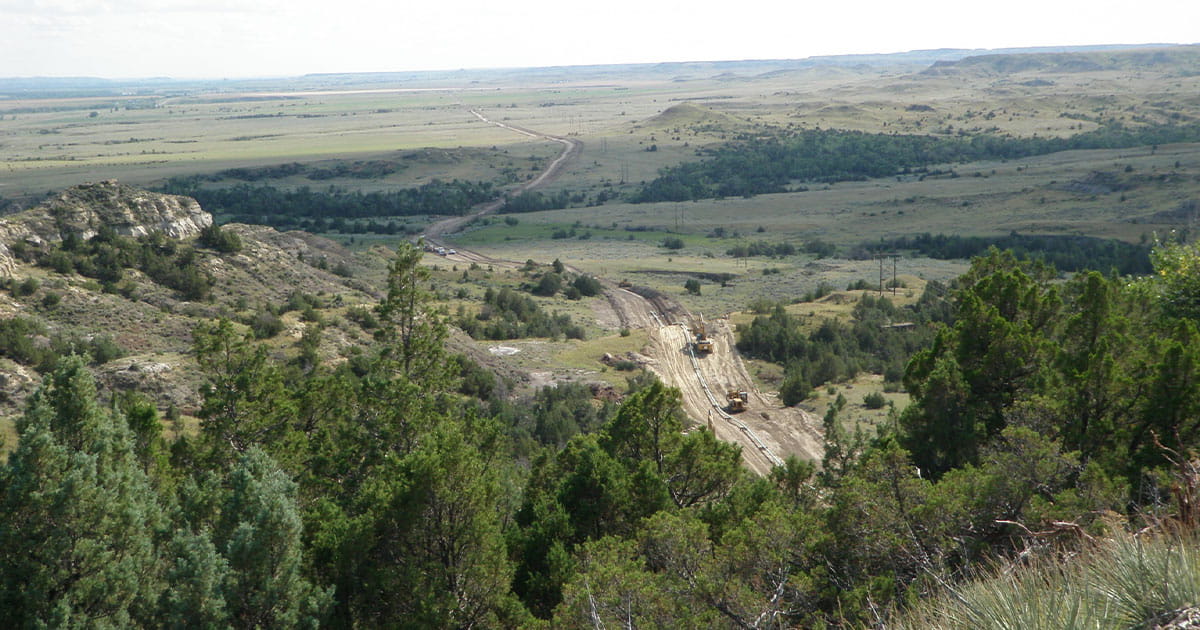
Protecting pipelines in your community
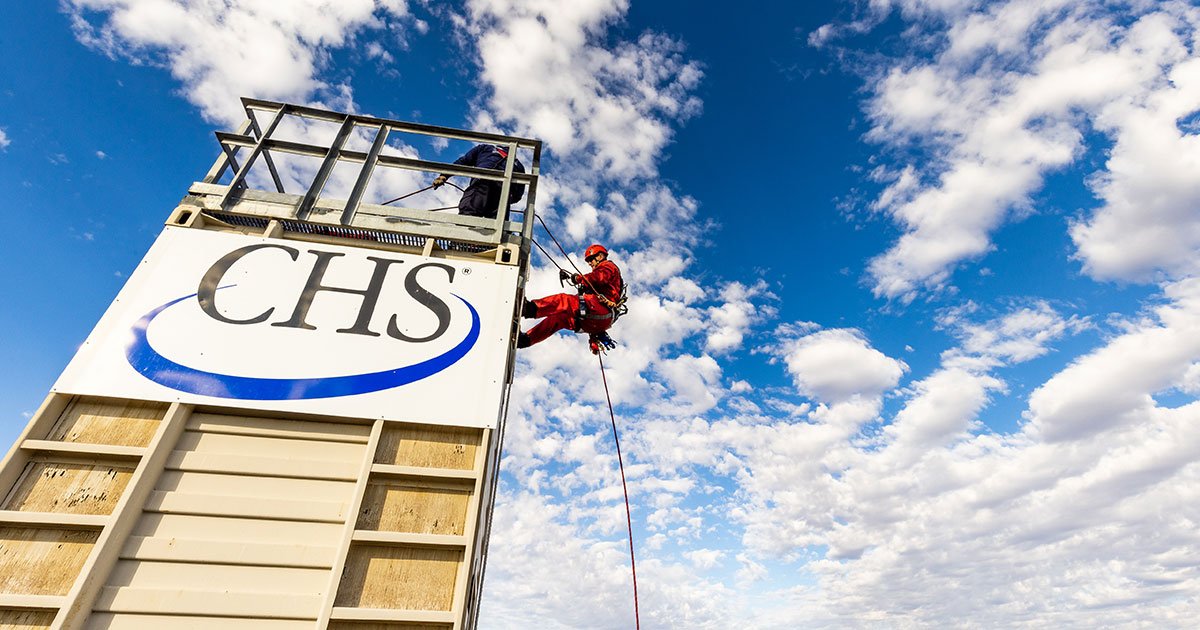
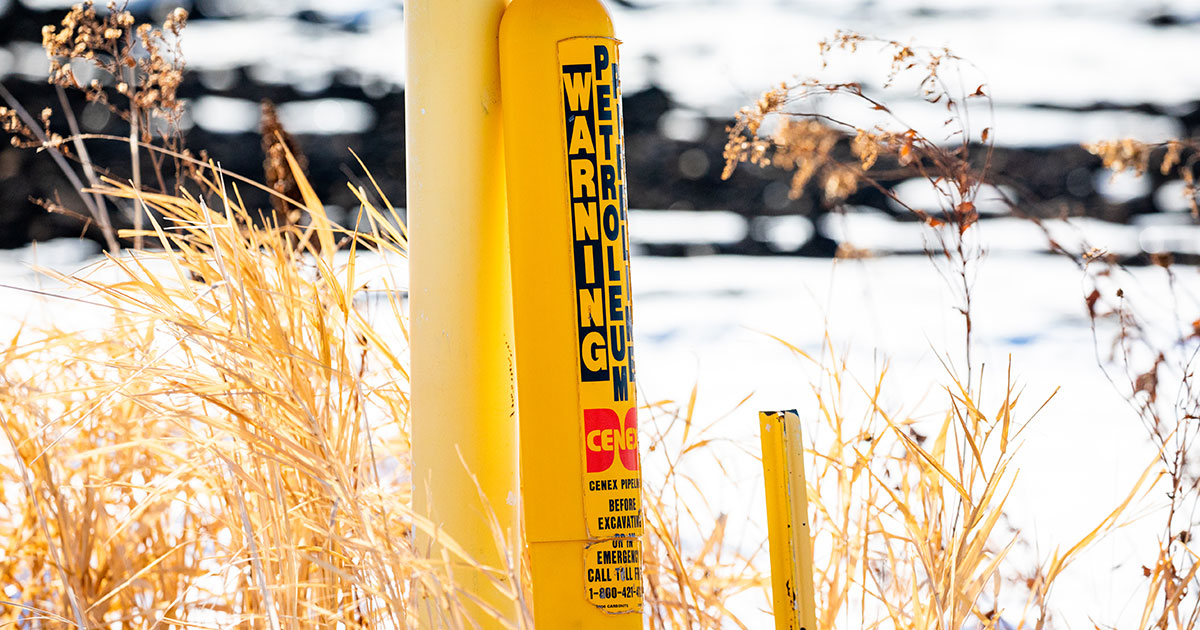
- Operator contact information is also provided on pipeline markers.
- Contact local pipeline operators to learn more about the location of their lines and pipeline safety.
- Know the information on the pipeline marker:
- Name of the operating company
- Product
- 24/7 emergency number
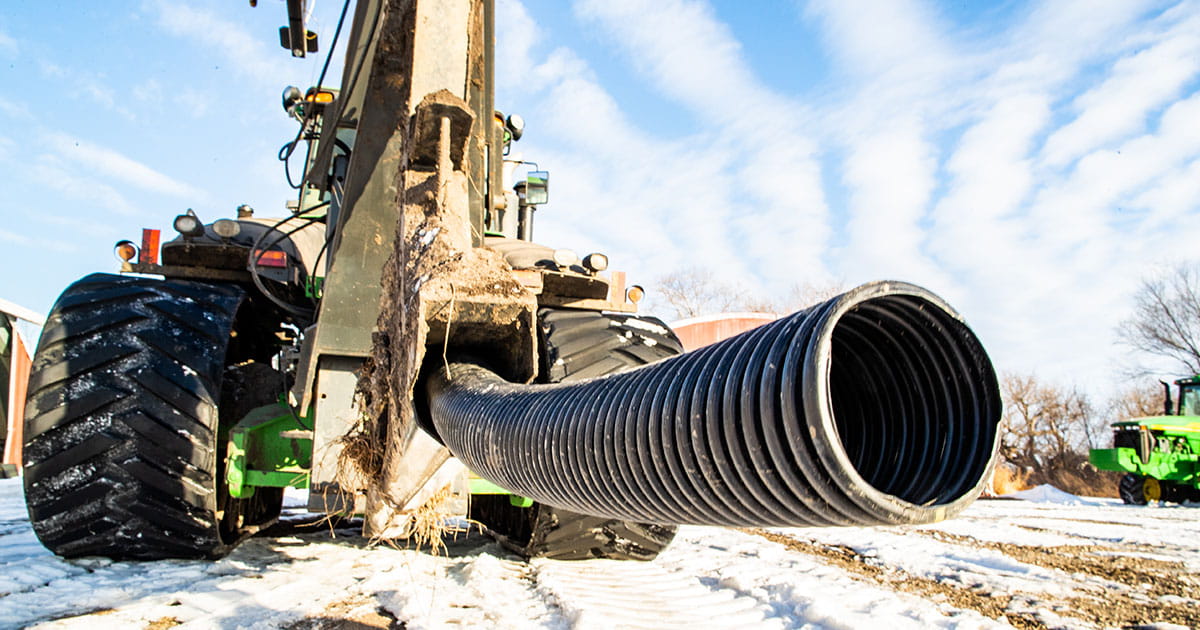
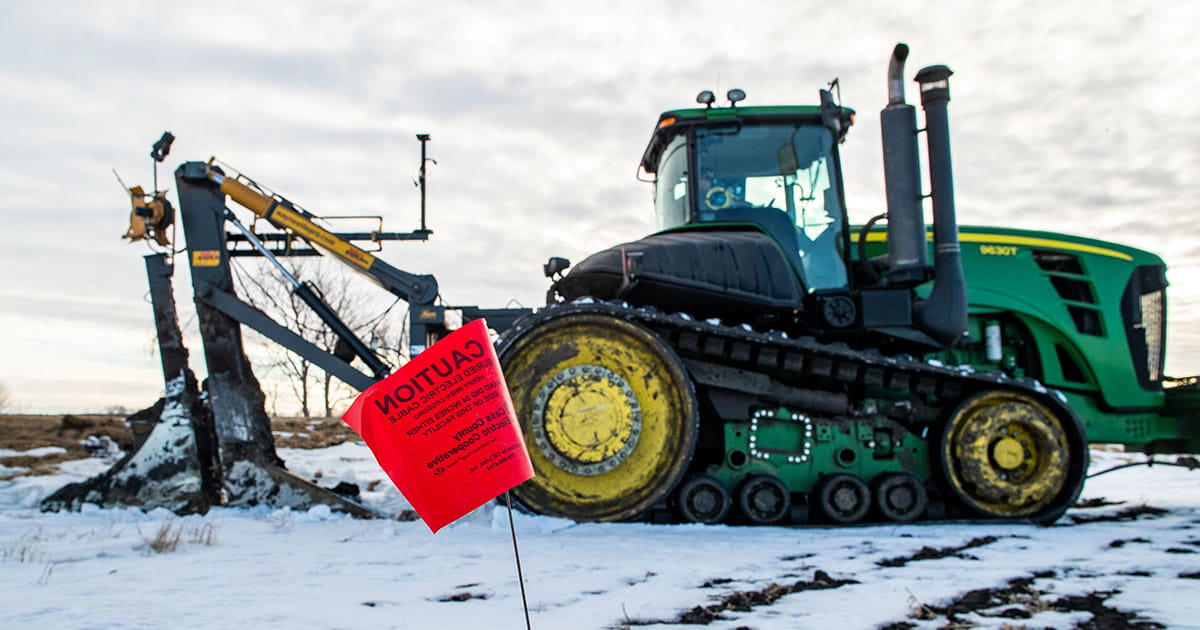
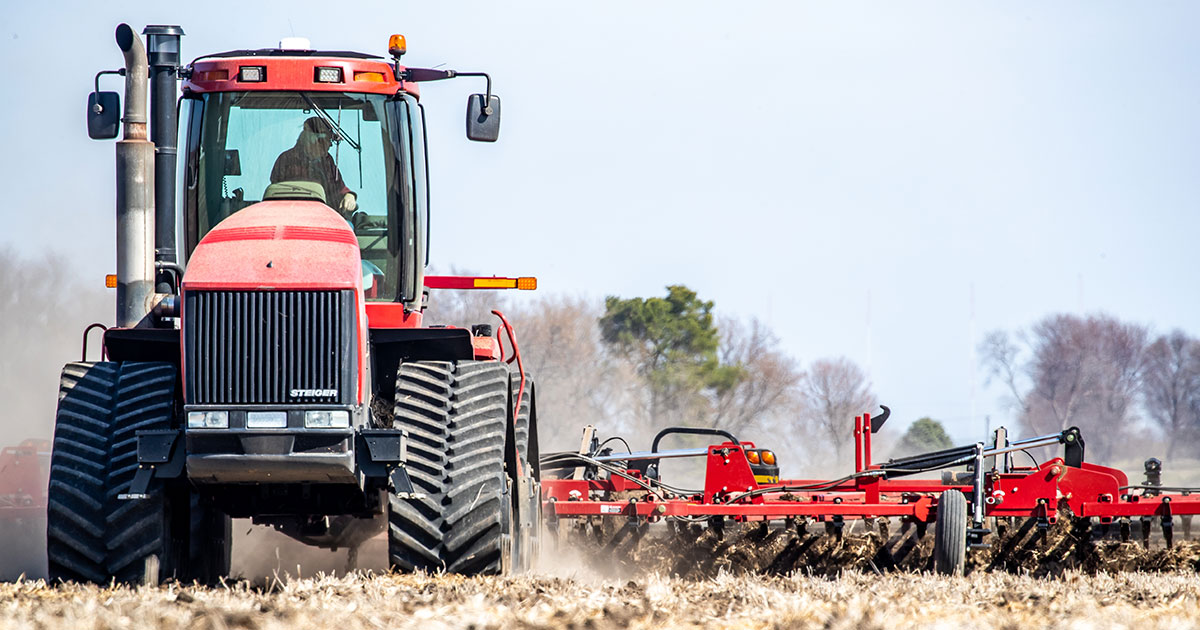
The majority of pipelines are located beneath farmland.
Accidentally striking a pipeline can have lethal consequences, so it's critical for farmers and ranchers to follow appropriate safety procedures.
811 should be called before doing any work that disturbs the soil, including:
- Deep tilling
- Ditching
- Soil ripping
- Installing drain tile
- Constructing fences, roads, driveways, berms, overhead or underground utilities or other facilities
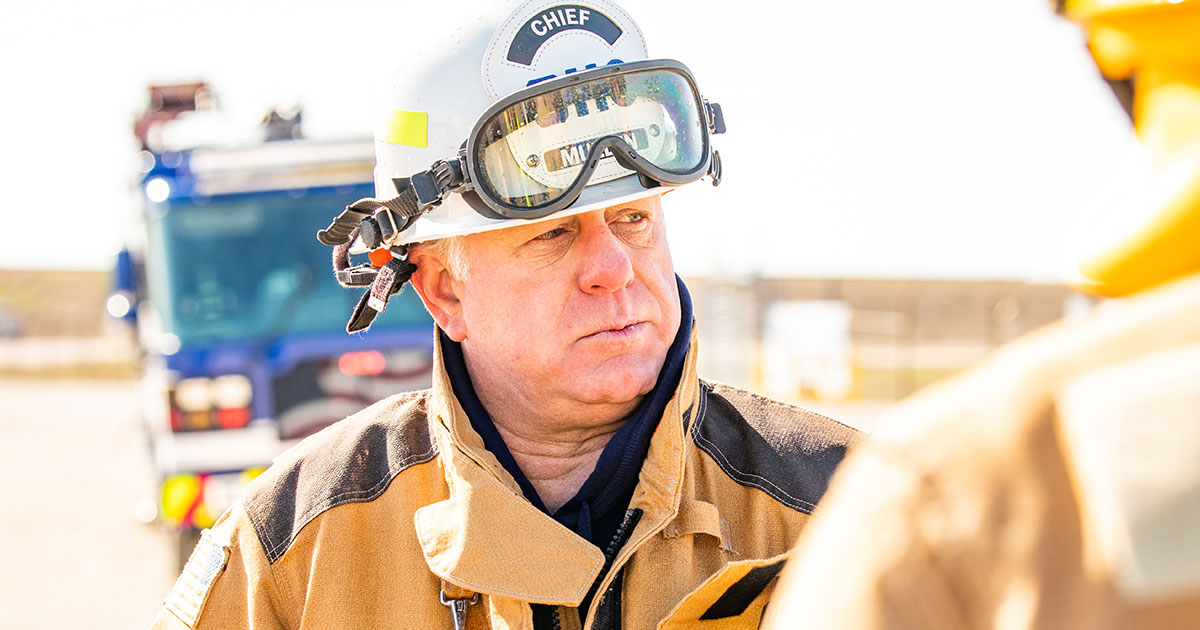
Public safety officials and emergency response agencies must be able to quickly and correctly respond to a pipeline emergency. Understanding how to work with pipeline operator representatives is a critical part of the emergency response process.
Developing relationships with local pipeline operators is important to promote and enforce safe excavation practices and state One Call laws to protect pipelines and prevent incidents from happening.
Responding to an emergency
A few key tips can help protect your community in the event of a pipeline emergency, including:





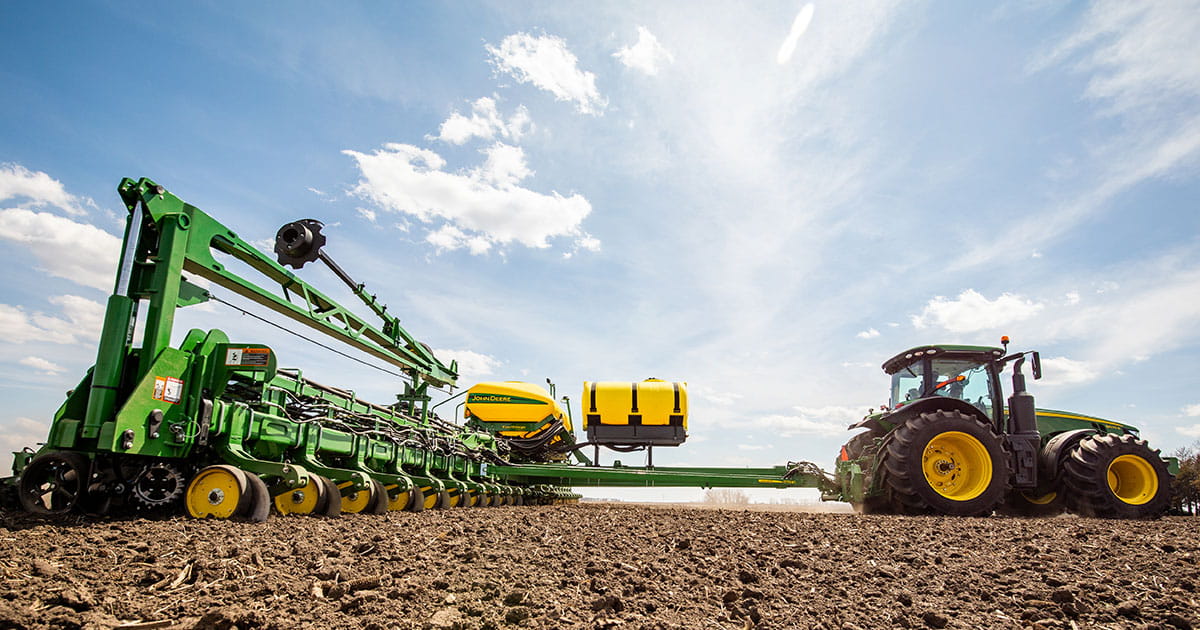
Sustainability at CHS


